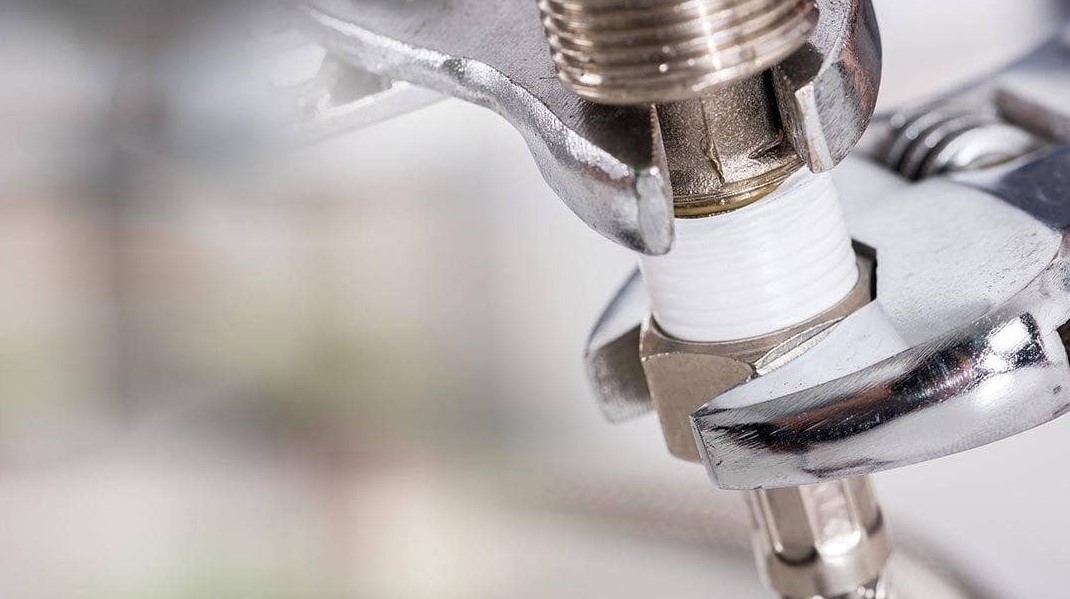Understanding plumbing systems in apartments is crucial for both tenants and property owners. Apartments have unique plumbing features and considerations compared to single-family homes. Here’s what you need to know about plumbing systems in apartments:
1. Shared Systems:
- In apartment buildings, plumbing systems are often shared among multiple units. This includes common supply lines and drain lines.
- Shared systems mean that issues in one apartment can potentially affect others. Therefore, responsible use and prompt maintenance are essential.
2. Water Supply:
- Apartments typically receive their water supply from a central source, often a municipal water system.
- The main supply line is connected to the building, and individual units are supplied via branch lines.
3. Water Heating:
- Many apartments have centralized water heating systems, such as boilers or tankless heaters, that provide hot water to multiple units.
- Some apartments may have individual water heaters installed in each unit.
4. Water Pressure:
- Water pressure can vary in apartment buildings due to the elevation of units within the building and the building’s location in relation to the water supply source.
- Low water pressure can be a common issue in higher floors.
5. Fixture and Appliance Installation:
- Plumbing fixtures and appliances, such as sinks, toilets, showers, and dishwashers, are typically pre-installed in apartments.
- Tenants should be familiar with the operation and maintenance of these fixtures.
6. Plumbing Leaks and Repairs:
- Tenants should promptly report any plumbing leaks or issues to property management.
- Property owners or management companies are responsible for repairs to shared plumbing systems, while tenants are typically responsible for maintenance within their units.
7. Drainage and Ventilation:
- Apartment plumbing systems have drainage and ventilation systems similar to those in single-family homes. They include drainpipes, traps, and vent pipes.
- The ventilation system helps maintain proper water flow and prevents sewer gases from entering the living spaces.
8. Plumbing Codes and Regulations:
- Apartment buildings must adhere to local plumbing codes and regulations to ensure safe and sanitary conditions for residents.
- Regular inspections and maintenance may be required to remain compliant with these codes.
9. Water Conservation:
- Water conservation is important in apartment buildings to reduce utility costs and environmental impact.
- Low-flow fixtures and water-saving practices can help achieve this goal.
10. Emergency Shut-off Valves: – Apartment buildings have emergency shut-off valves for the entire building’s water supply. Tenants should know their location in case of emergencies like leaks or burst pipes.
11. Maintenance and Responsibility: – Tenants should follow the property’s maintenance guidelines and promptly report any plumbing issues. – Property owners are responsible for maintaining the building’s shared plumbing systems.
12. Drain Cleaning and Clogs: – Tenants should take care not to dispose of items that can cause clogs, such as hair, food scraps, or grease, down drains. – Property management or professional plumbers are typically responsible for clearing clogs in shared drain lines.
Understanding the plumbing systems in apartments and adhering to good maintenance practices helps ensure a safe and comfortable living environment for tenants while minimizing the risk of plumbing issues that can disrupt multiple units in a building. For major installations or repairs, it’s advisable to consult with a licensed plumbing supply san Francisco to ensure safety, compliance with local regulations, and the longevity of your plumbing system.

